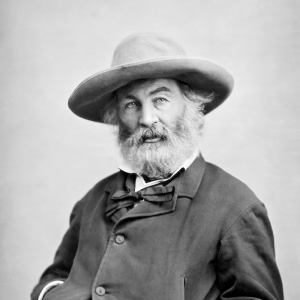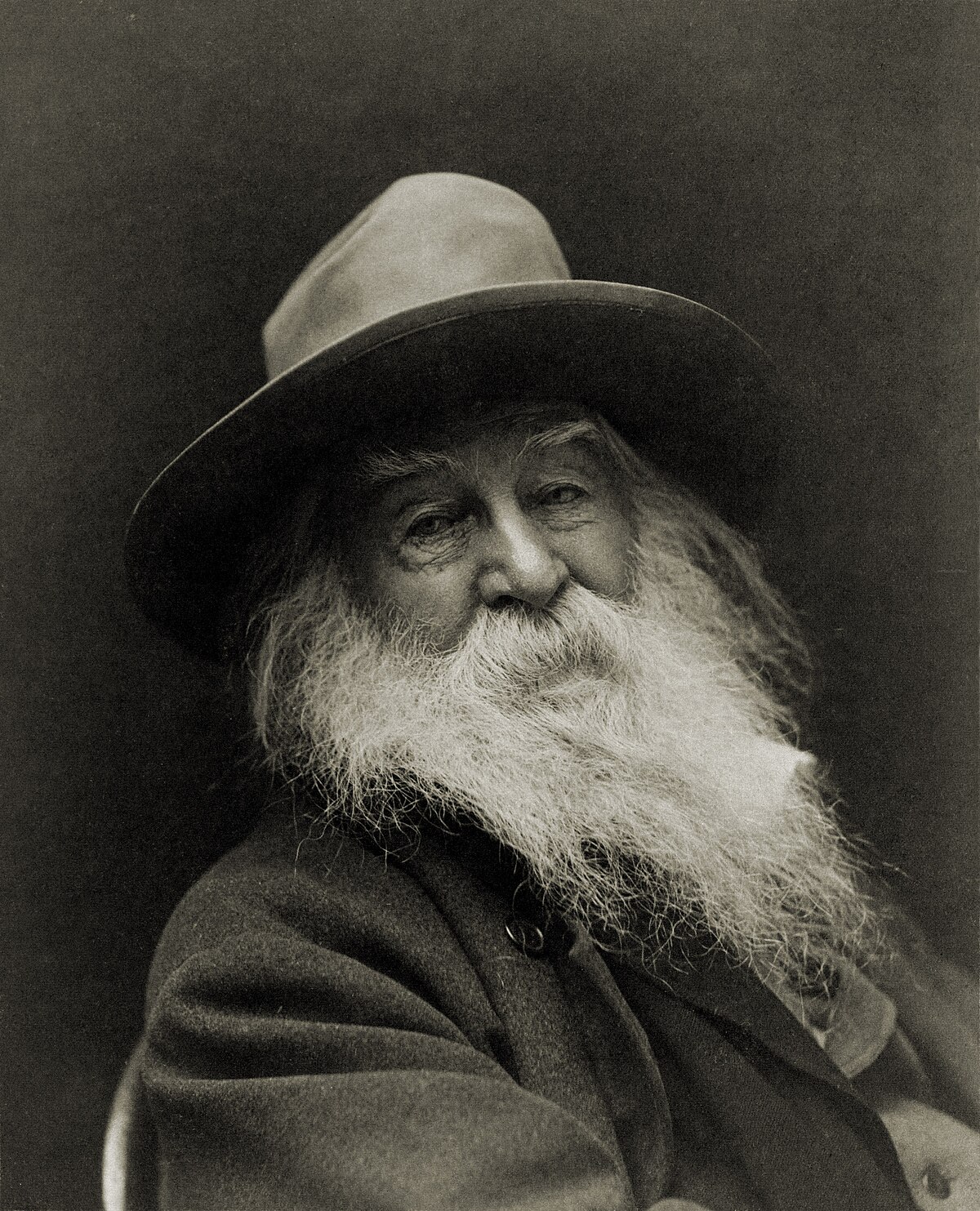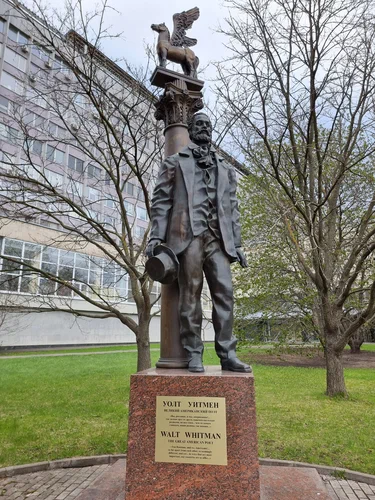Walt
Whitman
1819-1892

Walt Whitman was a prominent American poet, a reformer of verse, publicist, and humanist whose work marked a new stage in the development not only of American but also of world literature. He was born on May 31, 1819, into a Quaker family of a farmer-carpenter on Long Island. The second of nine children, Whitman encountered the hardships of poverty from an early age—he left school at 11 and began working, trying his hand at many professions, from printer’s apprentice to rural schoolteacher. Whitman’s literary journey began in the 1830s when he worked as a journalist for New York newspapers. His early writings (including the novel «Franklin Evans», 1842) did not hint at his future innovations. A turning point came in 1855 when he self-published the first edition of «Leaves of Grass»—a revolutionary work in both form and content, written in free verse. Whitman’s poetry celebrated democratic ideals, the physical and spiritual aspects of the human being, and the unity of existence, sparking lively public debate. The American Civil War (1861–1865) became a pivotal period in the poet’s life. Working as a nurse in military hospitals, he created the poignant cycle «Drum-Taps», and his patriotic poems helped lift the morale of Union soldiers. After the war, Whitman worked in government institutions. Despite suffering a debilitating stroke in 1873, which left him bedridden, he continued perfecting «Leaves of Grass» until his death, publishing new and expanded editions. His home in Camden, New Jersey, became a pilgrimage site for admirers of his talent.
In Moscow, a monument to Walt Whitman has been erected in his memory. It was created by Honored Architect of Russia M.M. Posokhin and People’s Artist of Russia, sculptor A.N. Burganov. The poet is depicted standing with a hat in his right hand on a low pedestal. Behind him is a column crowned with Pegasus. The pedestal bears a plaque with inscriptions in both Russian and English. The Russian text reads: “Walt Whitman, great American poet: ‘You Russians and we Americans! … so far from each other, we seem so different, and yet … in something most essential, our homelands are so alike…’” The monument is located near the Faculty of Philology at Moscow State University.
Address: Moscow, Leninskie Gory territory, 1, p. 51

